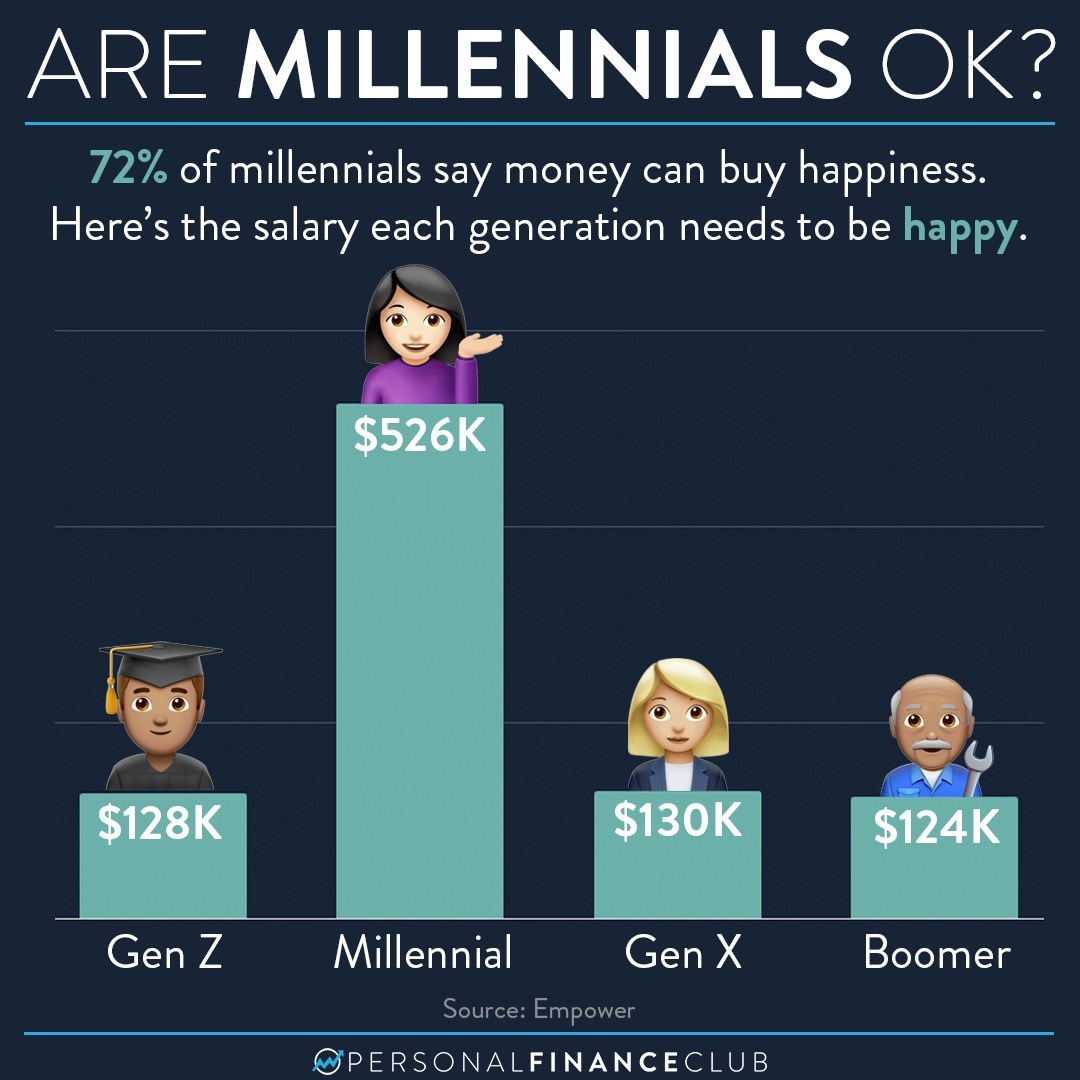Here's an archived version of the page.
What follows is largely a reaction to analysts predicting a recession and giving advice on how to adjust your investing strategy. The TL;DR here is: don't, they get it wrong more than they get it right.
Among PF enthusiasts, there's a saying that goes something like this: analysts have predicted 20 of the last three recessions.
Here's a chart for the S and P 500 long term after inflation. As you'll notice, long downward trends are quite rare, and the general trend is upward. In general, you can expect 6.5-7% long term after taking out inflation (~10% before inflation) if you buy and hold a broad stock market index fund. It seems almost every year someone calls for a recession, and this year is no exception. People were calling for recessions staring in 2015 or so, and look how that turned out.
Finance pundits and blogs like saying outlandish things like "recession will happen this year, liquidate stocks and buy X, Y, and Z," and if you're lucky, they'll throw some fancy charts up to make you think they know what they're talking about. But just know that all of this is for attention, they make money through ads or airtime, and some will try to sell you a book or something. The worst ones do a pump and dump scheme where they'll invest in security X, hype it up, and then sell when there's a bump in prices and average investors are left holding the bag.
Everyone seems to think they have some system for beating the market, but few professional fund managers manage to beat the index they benchmark their fund with, and even fewer can do it consistently:
Across all domestic actively managed equity funds, 88.4% underperformed their respective benchmark over the last 15 years, according to an analysis of the S&P SPIVA report.
...
More than 80% of large-cap funds underperformed the S&P 500 over the last five years. In 2019, 79.98% of large-cap funds underperformed compared to the S&P 500, which was just a hair better than the five-year average.
So if you buy a large cap index fund, you'll do better than 80% of professional fund managers over 5 years, and you'll outperform nearly 90% of them over 15 years. So don't listen to their nonsense about changing allocation during a recession (or even whether there will be a recession) because you're statistically better off ignoring it.
To really drive it home, let's look at the linked article about Betty, the world's most unlucky investor, who invested only at the worst possible times (just before every major recession) since the 1980s:
Even though she picked the worst six moments since the 1980s in which to invest, she made an average profit over the next five years of 20% and an average profit over 10 years of 100%. She doubled her money. Despite her disastrous, terrible timing, she was in the black after five years on four occasions out of six, and in the black after 10 years 10 times out of 10.
Today, even though her total cash costs from those six investments totaled just $3,500, her portfolio is worth $17,500. That’s more than five times her investment. And that’s even factoring in losses this year, which have seen the global stock market — and Betty’s portfolio — fall 22%.
Just think of how much better she could've done if she had invested consistently, which means she would've bought at the lows and middles instead of just the highs.
If you instead listen to the pundits, you're likely to buy high (you'll miss the bottom, I guarantee it) and sell low (you'll sell early or late). Do what has worked well historically and buy and hold a diversified portfolio.
I don't know if a recession is coming, but I do know it'll change nothing about my investing strategy, other than perhaps how much I can invest. If you're nervous about the economy, make sure your emergency fund is funded and stay the course with your investing strategy, whatever your desired asset allocation is.
